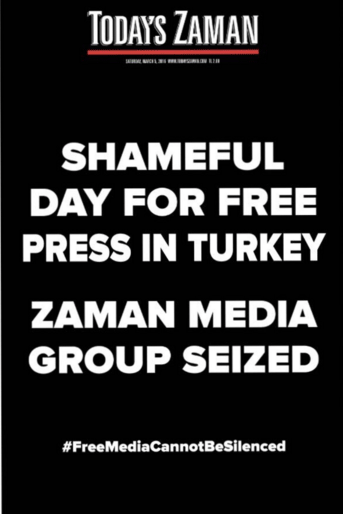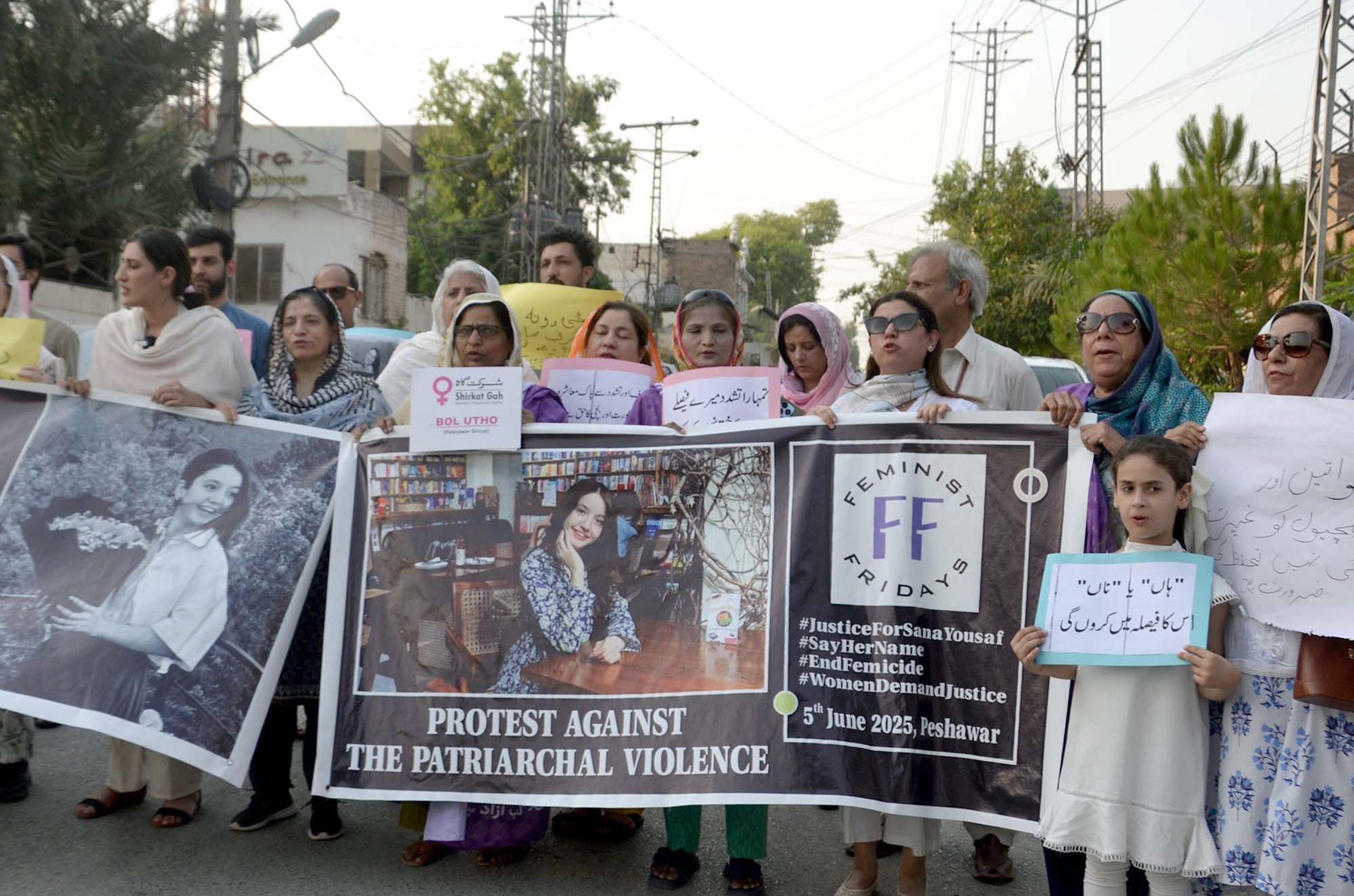
This column was originally submitted to Today’s Zaman but was rejected by the new management. Yaşar Yakış is a Turkish politician. He is a former foreign minister, and a former ambassador to the UN Office in Vienna, Egypt and Saudi Arabia, and was a columnist for Today’s Zaman.
An important step has been taken in Turkey’s painful negotiations with the EU. Turkey submitted to the Turkey-EU summit, held in Brussels on 7 March, several proposals, including the following:
-Move to 1 June 2016 the implementation of the readmission agreement, which will make Turkey contractually obligated to readmit any person who travelled to an EU country from Turkey if he or she was not admitted by that EU country;
-For every citizen of a third country readmitted by Turkey, the EU should promise that it will admit one refugee from Turkey, and the readmission expenses will be covered by the EU. This will protect Greece from the uncontrollable flow of refugees arriving in the Greek islands from Turkey’s coastal towns. However, difficulties may arise in finding an EU country that will fulfill this commitment, and Turkey’s refugee problem may continue to increase since the arrival of refugees from Syria may not stop before Syria is stabilised.
-If the readmission agreement enters into force by 1 June 2016, visa-free travel will be possible for Turkish citizens wishing to visit the Schengen countries.
-Turkey asked for an additional 3 billion euros, to be spent for refugee-related projects.
-Turkey’s EU accession process will be reactivated by opening new negotiation chapters that were blocked for political reasons, either by the EU Council or by individual countries, such as France and the Greek Cypriot administration. This positive commitment may not guarantee that Turkey will become a member of the EU but may lead to the resumption of the reforms that Turkey has to comply with under the Copenhagen criteria and the Maastricht economic criteria.
The deal will be discussed once again with Turkey before the EU Council meeting on 18 March.
Turkey’s refugee problem may thus be slightly alleviated if the genuine efforts by Chancellor Angela Merkel of Germany succeed. The bulk of the burden, however, will still remain on Turkey’s shoulders. Turkey will have to accommodate the refugees, mainly from Syria, until the EU countries select among them the eligible ones. The EU does not want to assume the moral responsibility for the solution of a problem that stems basically from Turkey’s open door policy for Syrian refugees.
The good side of the deal for Turkey is that the EU is giving Turkey a helping hand. If Chancellor Merkel hadn’t taken the lead to alleviate Turkey’s refugee burden, Turkey would have been left alone to solve it. If the deal is implemented properly, Turkey will receive not only an easing of its refugee burden but will make progress in other areas: One of them is the grinding to a halt of Turkey’s EU accession process. Both Turkey and the EU had lost their appetite for the continuation of the process. Not only the refugee problem but also the entire Syrian crisis, and beyond it the other crises in various Middle Eastern countries, may have demonstrated to certain EU countries that cooperation with Turkey could facilitate the solution of the problems that the EU may face in the Middle East. Therefore, certain EU countries may have decided to revisit the question of the reactivation of Turkey’s EU accession process.
Add your support to Index on Censorship’s petition to end Turkey’s crackdown on media freedom.






